Uzbekistan ends placement of children in orphanages due to family poverty
Uzbekistan has announced new measures to strengthen social protection for vulnerable children and increase access to sports for individuals with disabilities. President Shavkat Mirziyoyev reviewed proposals for these initiatives during a presentation aimed at safeguarding children's welfare and advancing inclusivity in sports.
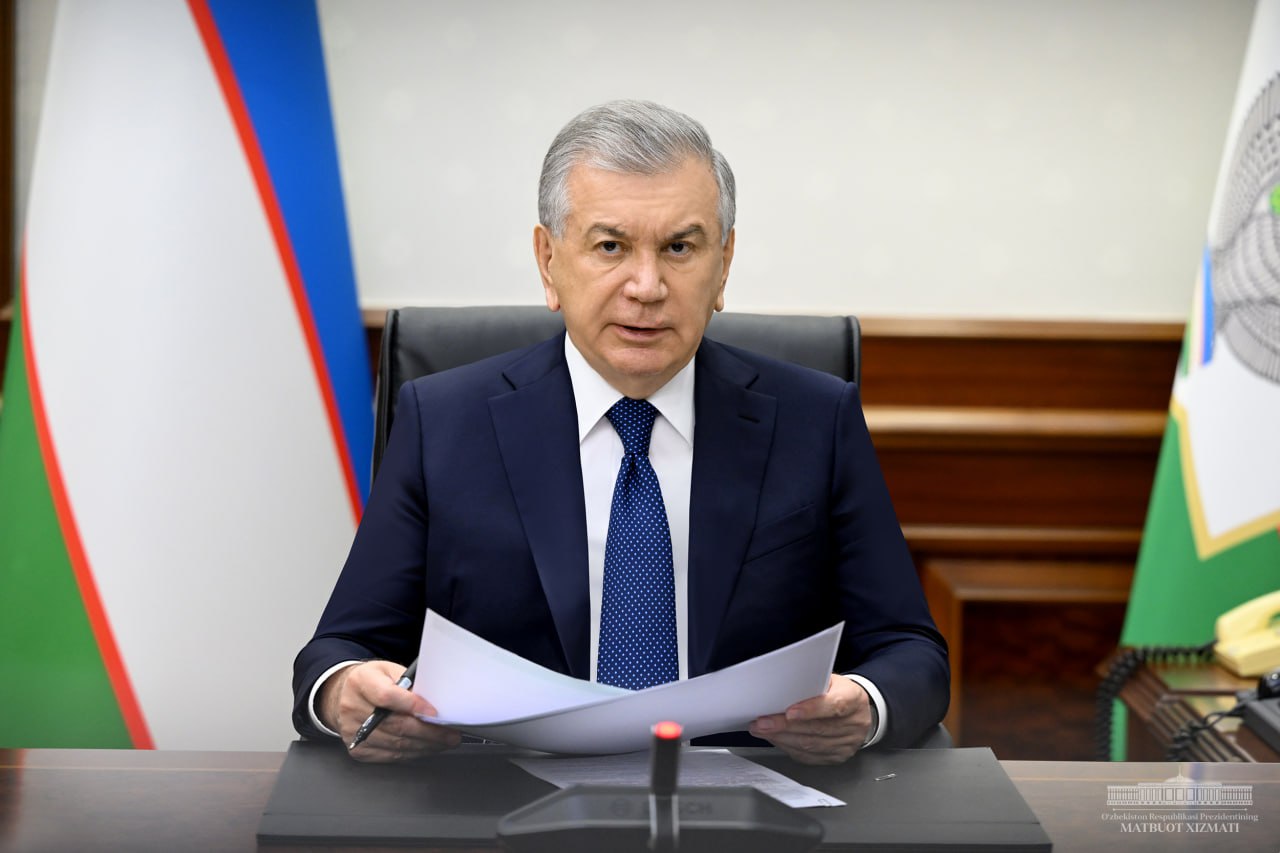
Photo: Presidential Press Service
One key proposal will end the practice of placing children in orphanages or similar institutions solely due to family poverty, ensuring that economic hardship does not lead to family separation. Instead, the government will prioritize placing children in family-based environments, with support options such as guardianship, custody, or adoption. Institutional placement will only be considered as a last resort.
To further support low-income families, the government has pledged to cover daycare expenses for children under the age of three whose parents are employed, drawing on the Social Protection Fund to alleviate this financial burden. Children in difficult life circumstances will be temporarily placed in “Inson” centers, where they will stay in family-based care settings until a permanent solution is found.
The initiative aligns with Uzbekistan’s recent “From Poverty to Prosperity” program, enacted by a presidential decree on September 23, which prioritizes social protection for children and the prevention of social orphanhood. According to UNICEF, half of the world’s orphans lack access to essential social protection services, underscoring the importance of Uzbekistan's commitment to keeping children in family environments.
The new strategy includes developing individual growth plans for each child placed in family care. The Social Protection system will monitor children’s living conditions, track social assistance, and ensure that guardians fulfill their obligations. Families that create family-based children’s homes will receive compensation for child-related expenses until the children complete secondary or vocational education, and these families will be registered as self-employed.
In addition to reforms for children’s welfare, Uzbekistan is enhancing opportunities for people with disabilities to participate in sports. Currently, the country offers programs in 19 types of adaptive sports, with around 25,000 people with disabilities engaging in sports regularly. To expand inclusivity, the government plans to establish adaptive sports sections in state sports schools and equip neighborhood sports facilities to accommodate people with disabilities.
An ERP-sport electronic system will soon track participation among people with disabilities, matching them with sports suitable to their abilities. Rehabilitation centers will also employ advanced methods like physical therapy, mechanotherapy, and physiotherapy to support the well-being and development of individuals with disabilities.
These initiatives underscore Uzbekistan’s commitment to providing social support, promoting family unity, and fostering a more inclusive society for children and individuals with disabilities.
Related News
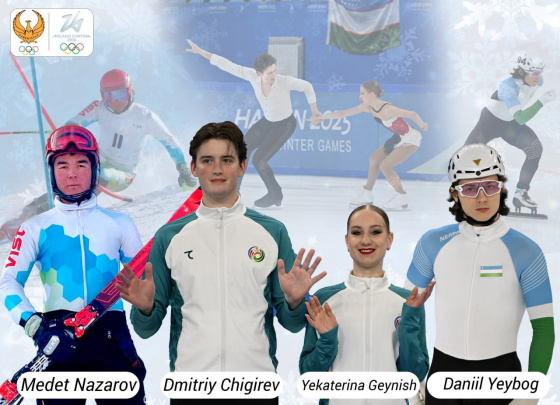
17:10 / 03.02.2026
Uzbekistan to send two athletes to 2026 Winter Olympics after injury setback
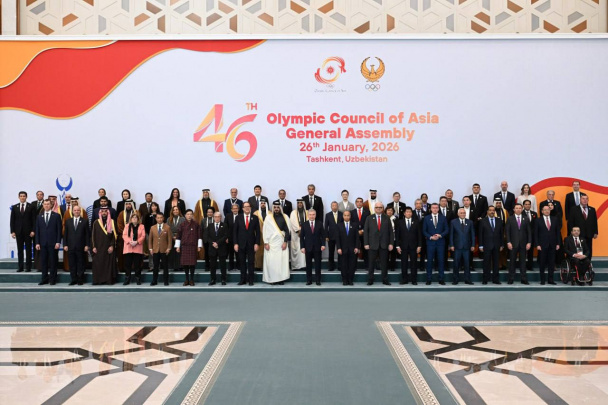
19:54 / 26.01.2026
President Mirziyoyev addresses Olympic Council of Asia, stresses unity through sport
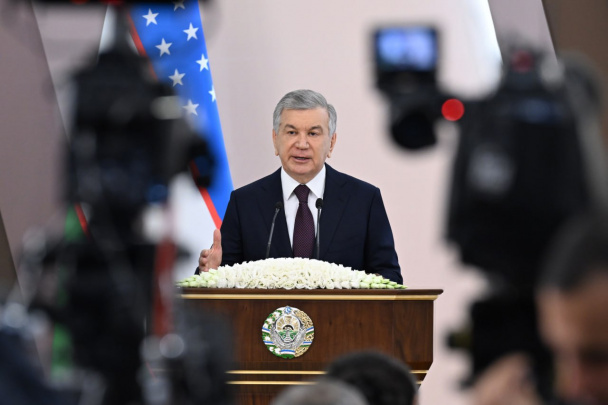
19:07 / 23.01.2026
Uzbekistan reports sharp drop in poverty and unemployment over past year
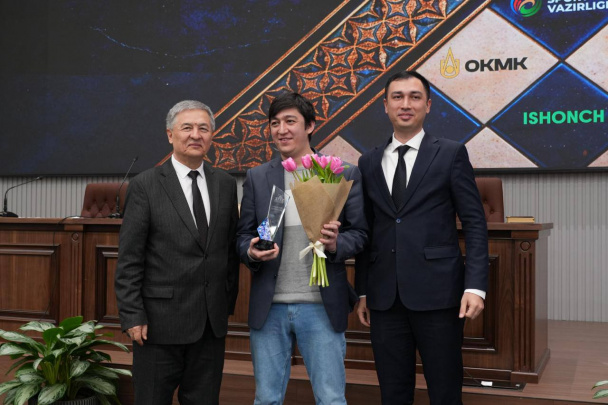
12:16 / 12.01.2026




